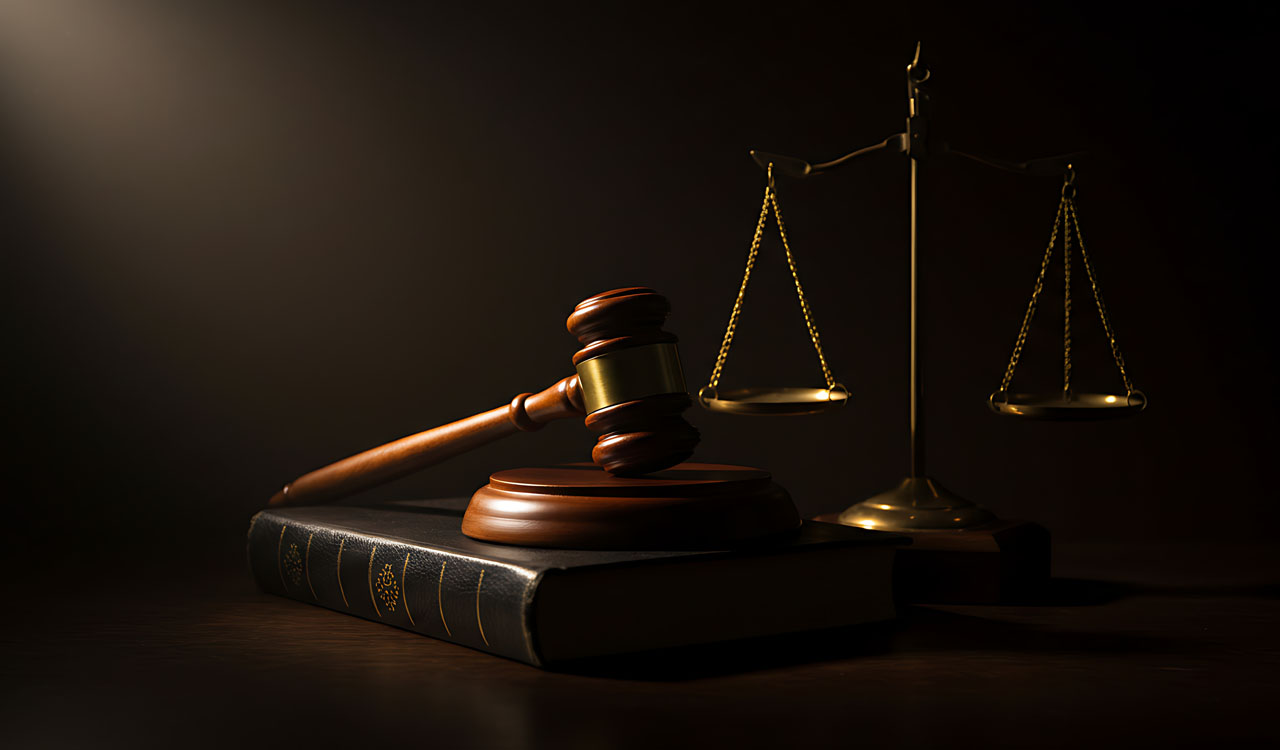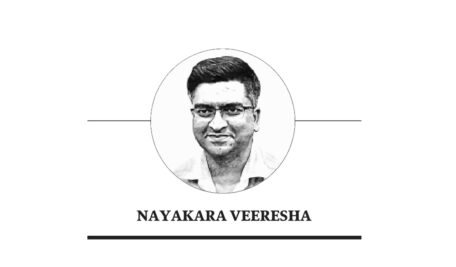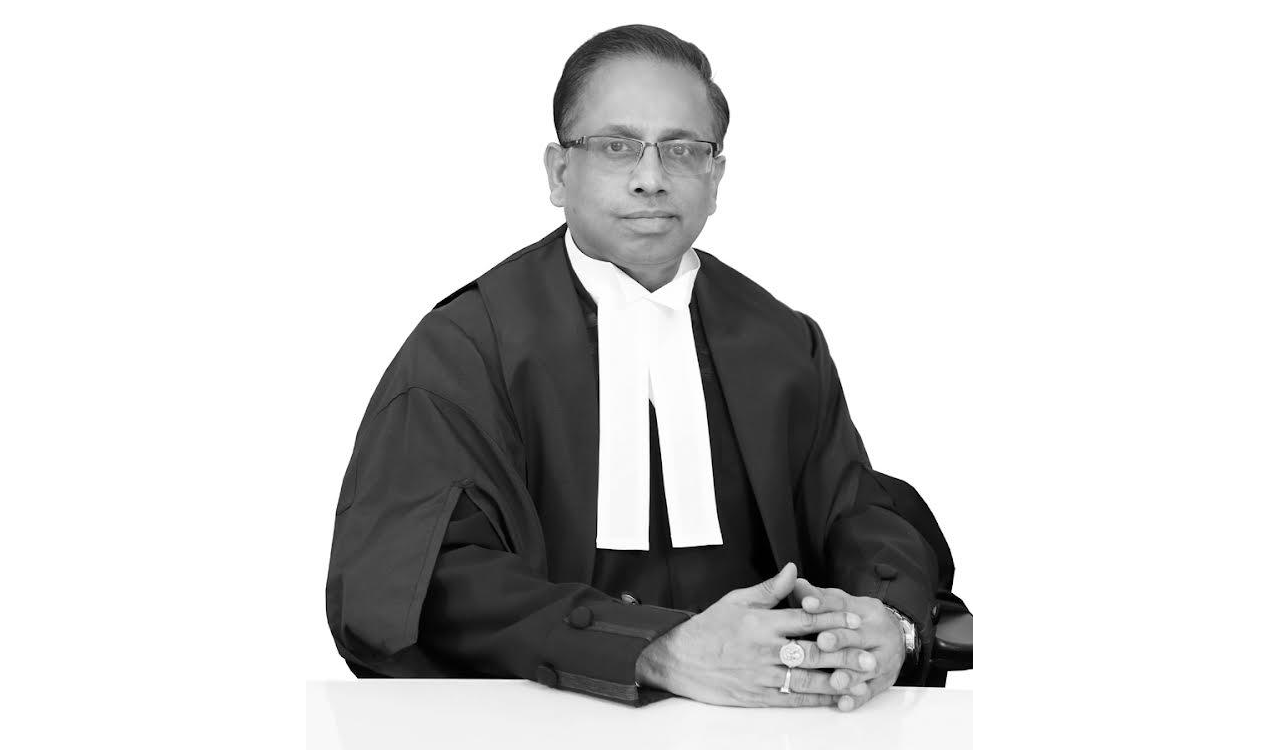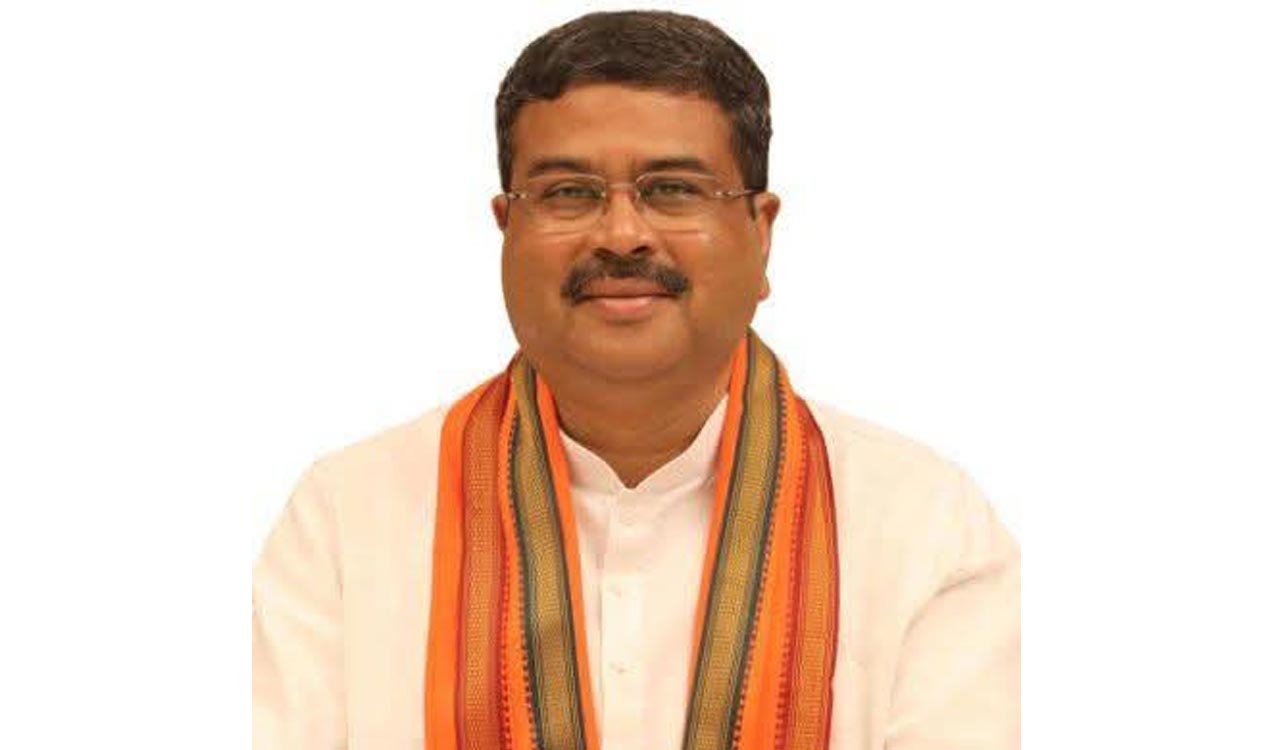Opinion: UAPA and judicial verdicts — A case for legal pragmatism
Recent divergent rulings under the Unlawful Activities (Prevention) Act highlight the urgent need for pragmatism and uniform interpretation

By Nayakara Veeresha
Yet another bail hearing; yet another denial. This has become a recurring saga of Umar Khalid and others in the alleged Delhi riots case of 2020. Even after more than five years, the trial remains far from conclusion. Within a span of just ten days, two High Courts have delivered contrasting verdicts under the Unlawful Activities (Prevention) Act, 1967 (UAPA) — Sharjeel Imam and Umar Khalid Vs State of NCT of Delhi (2025) and Ashish Kumar vs State of Punjab (2025).
Also Read
On 12 September, however, the Punjab and Haryana High Court in Ashish Kumar vs State of Punjab granted bail to a person arrested under UAPA and other penal sections. On 17 July, the Bombay High Court upheld the constitutionality of the UAPA, stating that the Act, in its current form, does not suffer from any constitutional or legal infirmities.
SC’s Observations
In Gurjinder Pal Singh vs The State of Chhattisgarh (2021), the Supreme Court observed that the filing of sedition cases, especially following regime changes, was a worrying trend. These remarks are significant in the context of an ongoing a Public Interest Litigation (PIL) challenging the constitutional and legal validity of the UAPA.
The Unlawful Activities (Prevention) Act, 1967, was enacted to prevent the unlawful activities and associations, particularly those linked to the Communist Party of India (Maoist). The law, which came into force on December 30, 1967, has its roots in the Tebhaga, Telangana, and Naxalbari uprisings between 1946 and 1951, and 1967, respectively.
Between 1969 and 2019, it underwent numerous changes. The 2004 amendment expanded the Act to include internal and external terrorist activities. Subsequent amendments in 2008 and 2019 introduced stringent restrictions on bail and granted sweeping powers to the police to designate individuals as ‘terrorists’ and arrest them.
Referring to Section 43-D of the UAPA, the Supreme Court in Union of India v. KA Najeeb (2021) held that the right to a speedy trial is a constitutional guarantee that the prosecution must uphold
Thomas Hobbes’ conception of an absolutist state provides justification for such a law, wherein the state engulfs the individual citizen’s rights within its ambit, leaving little room for resistance. Section 43A (Power to arrest and search) and Section 43D (5) of the UAPA are particularly grave, as they not only deviate from the criminal jurisprudence but also violate the principles of natural justice.
Reversing Provision
Section 43D(5) states “Notwithstanding anything contained in the Code, no person accused of an offence punishable under Chapters IV and VI of this Act shall, if in custody, be released on bail or on his own bond unless the Public Prosecutor has been given an opportunity of being heard on the application for such release…” This provision effectively reverses the “Innocent until proven guilty” to “guilty until prosecution proves innocence”.
In 2008, then Union Minister of Home Affairs P Chidambaram, while speaking in the Rajya Sabha on the Unlawful Activities (Prevention) Amendment Bill, 2008, said, “what we are doing is imposing restrictions on the power to grant bail….So, we are strengthening the law, but, at the same time, are also providing the safeguards”.
Then Minister of State in the Department of Industrial Policy and Promotion, Ashwani Kumar, added, “It is a cardinal rule of jurisprudence that a person is presumed innocent until proved guilty. I do not think that has been reversed. All it says is that if a person is found with a weapon of destruction, the onus would shift temporarily upon him to prove otherwise”. The above cases illustrate the backsliding of individual safeguards and the violation of the principle of natural justice, ie, presumption of innocence until proven guilty.
The burden of proof has effectively shifted from the prosecution to the accused, marking a deviation from criminal jurisprudence. The Supreme Court in Kailash Ramchandani vs State of Maharashtra & Anr (2025) expressed serious concern over the failure to establish special National Investigation Agency (NIA) courts. The court cautioned the state authorities, saying, “If the Respondent-authorities (State) fail to establish the aforementioned, then the Courts would invariably be left with no alternative but to release the under-trials on bail. After all, for how long can such individuals be kept in indefinite custody when no effective mechanism exists to ensure the timely conclusion of their trials?”
Legal Dissonance
Referring to Section 43-D of the UAPA, the Supreme Court in Union of India v. KA Najeeb (2021) held that a speedy trial is a constitutional right and the same needs to be complied by the prosecution. In Sheikh JavedIqbal @ AshfaqAnsari @ JavedAnsari v. State of Uttar Pradesh (2024), Shaheen Welfare Assn, and several of its other rulings, the apex court observed, “an accused or an undertrial has a fundamental right to speedy trial which is traceable to Article 21 of the Constitution of India”. The court clarified that bail cannot be rejected solely based on the severity of the charges and emphasised the prosecution’s role in proving the accused guilty.
The Delhi High Court, however, appears to have sidelined these judicial precedents of the top court. The legal dissonance by the High Court and Supreme Court needs to have a settled position to bring in uniformity until the constitutionality of UAPA is decided to finality.
In Tapas Kumar Palit vs State of Chhattisgarh (2025), the court emphatically noted, “If an accused is to get a final verdict after incarceration of six to seven years in jail as an undertrial prisoner, then, definitely, it could be said that his right to have a speedy trial under Article 21 of the Constitution has been infringed”. Given these circumstances, there is a need for legal pragmatism among the higher judiciary while dealing with the cases of UAPA.

(The author is Assistant Professor, Symbiosis Law School, Pune, Symbiosis International [Deemed University], Pune. Views are personal)
Related News
-
Opinion: From strategic depth to strategic discord: Why the Taliban-Pakistan rift is reshaping the region
-
AI cannot replace core legal work, says Justice K V Viswanathan
-
Opinion: India’s paraquat paradox, a poison still within reach
-
Will fix accountability, take action against those involved: Education minister on NCERT row
-
Sensex, Nifty drop over 1 pc amid heightened Middle East tensions
14 seconds ago -
Cartoon Today on Mar 2, 2026
20 mins ago -
Nur Khan base among key Pak military infrastructure attacked by Afghanistan; 32 soldiers killed
1 hour ago -
Exiled Iranian prince backs Trump over strikes on Iran
1 hour ago -
Hydeabad traffic constable jumps on bonnet to escape drunk driver
2 hours ago -
Editorial: Middle East on the boil
9 hours ago -
Sports briefs: Telangana women bag gold in softball championship
9 hours ago -
Sports briefs: Shaunak emerges champion in 11th one-day rapid prize money chess tournament
10 hours ago




